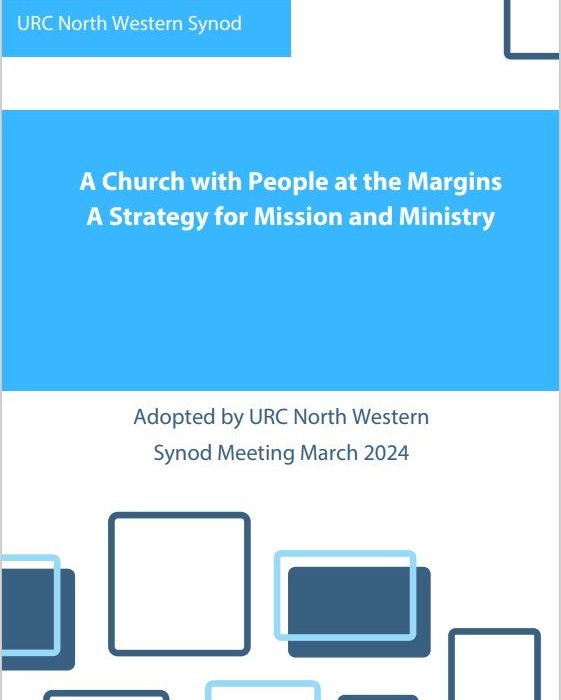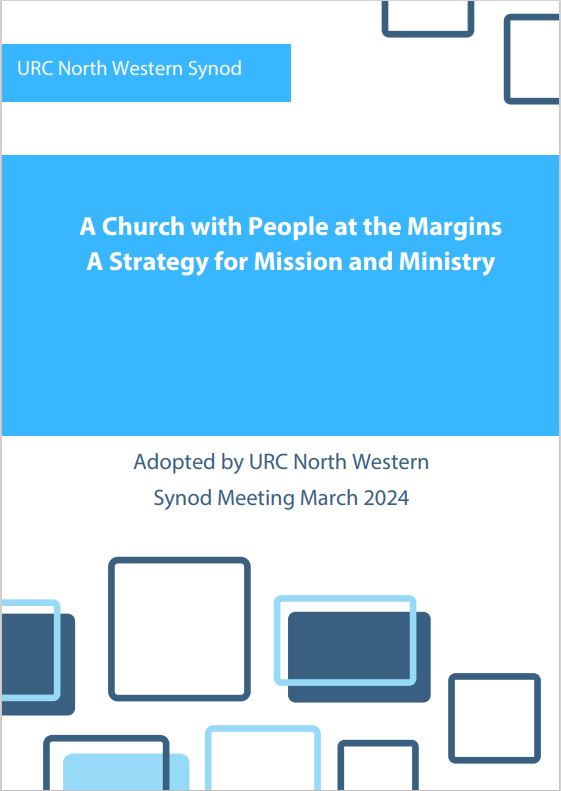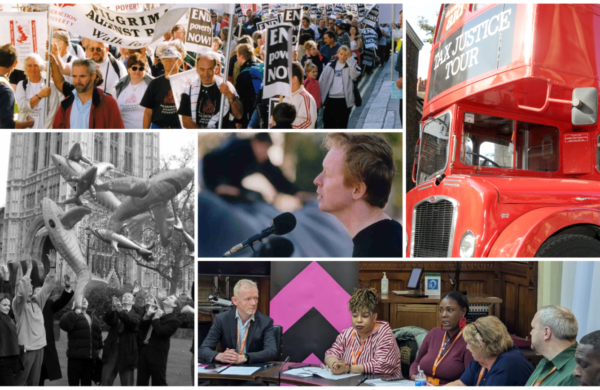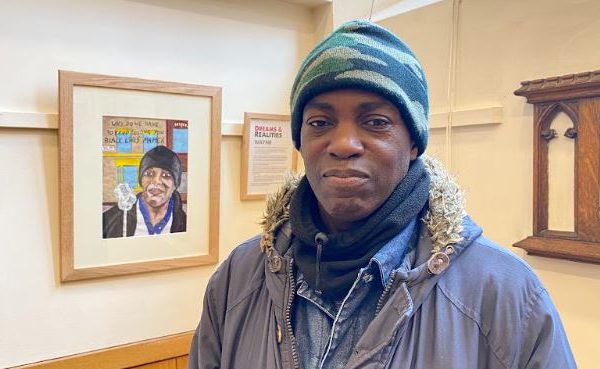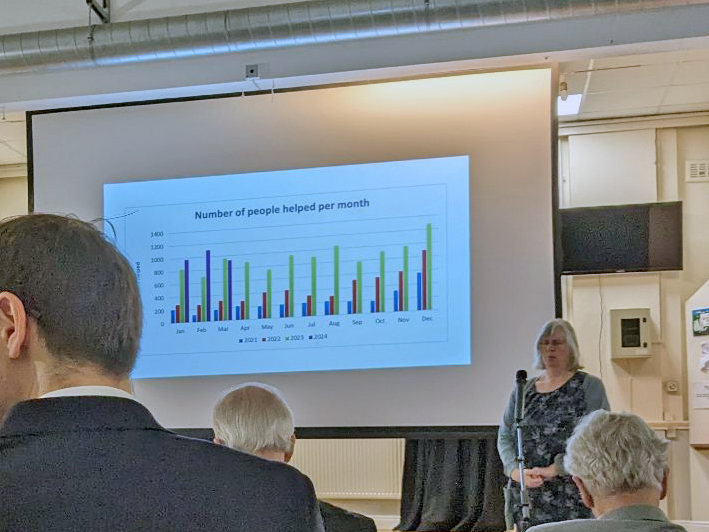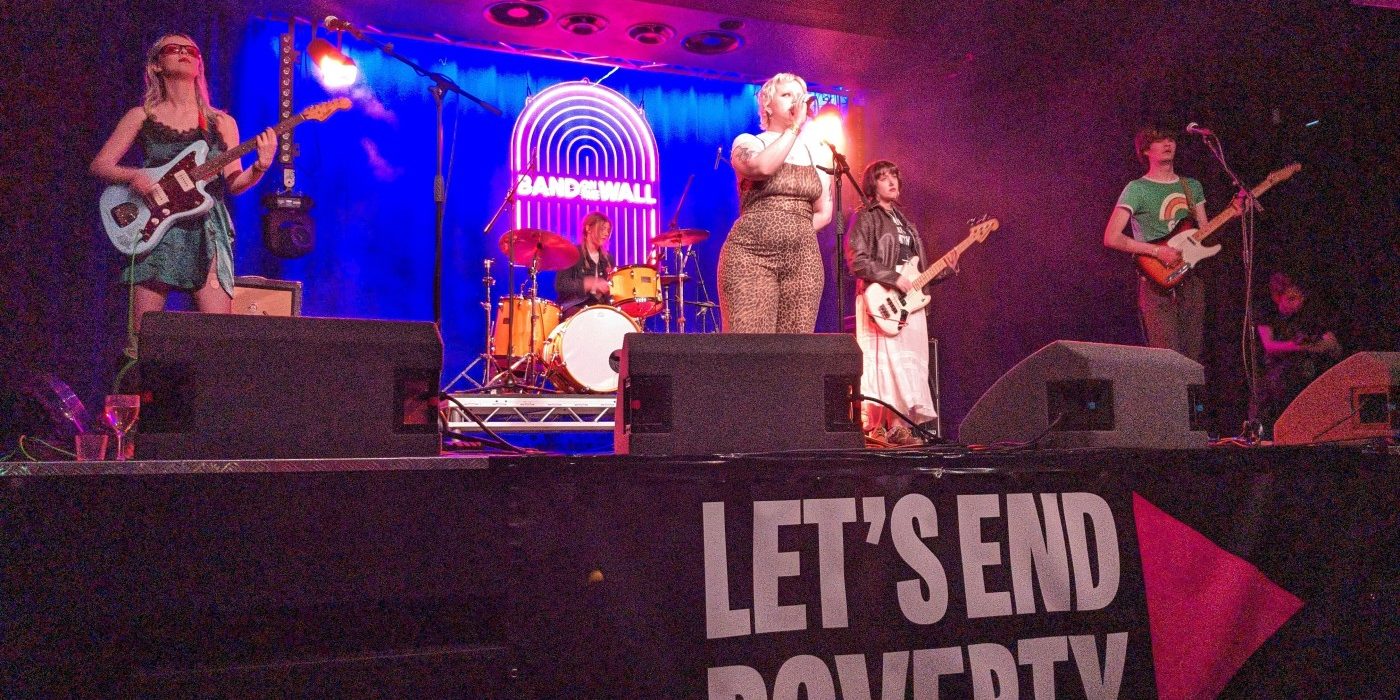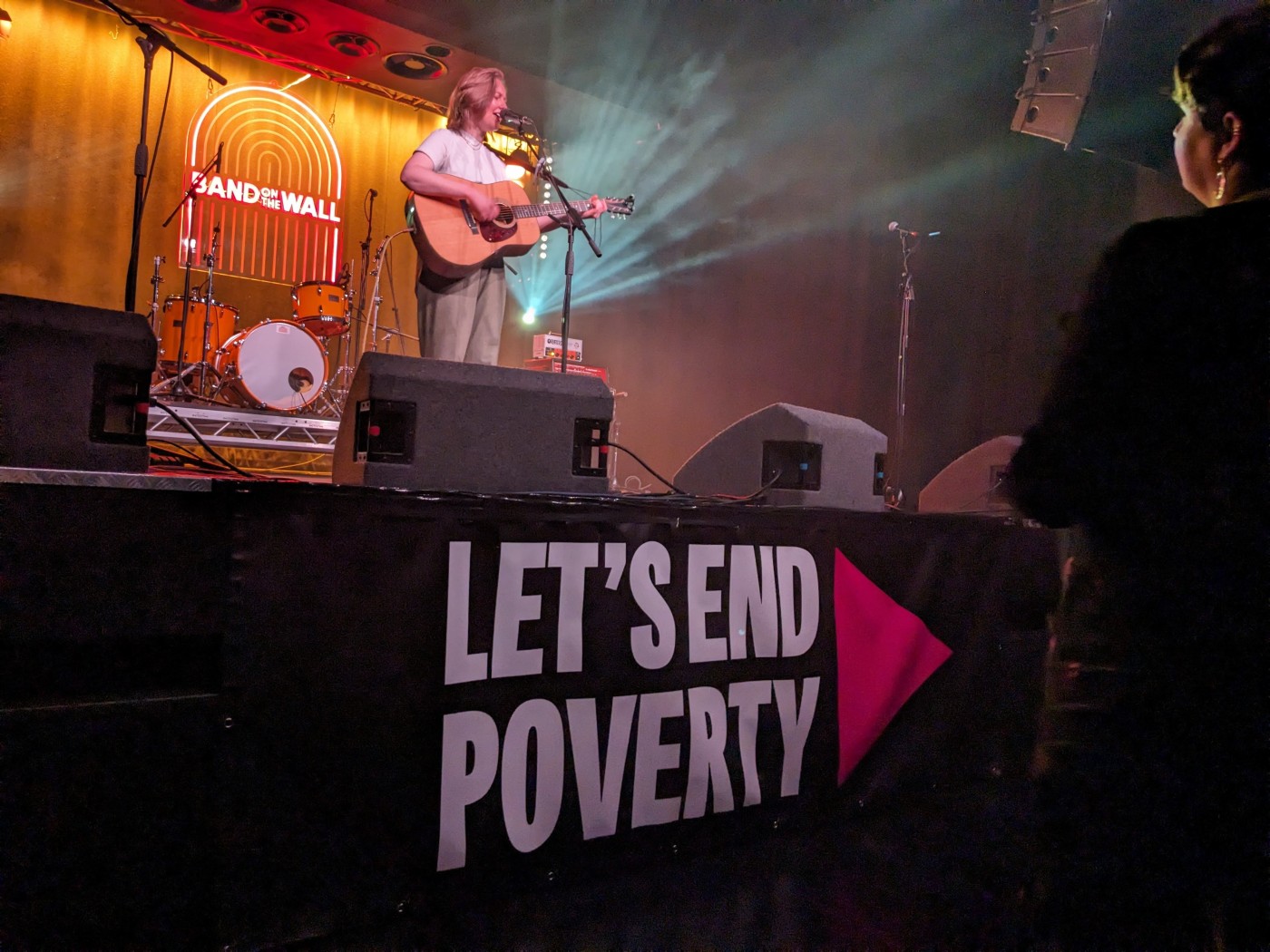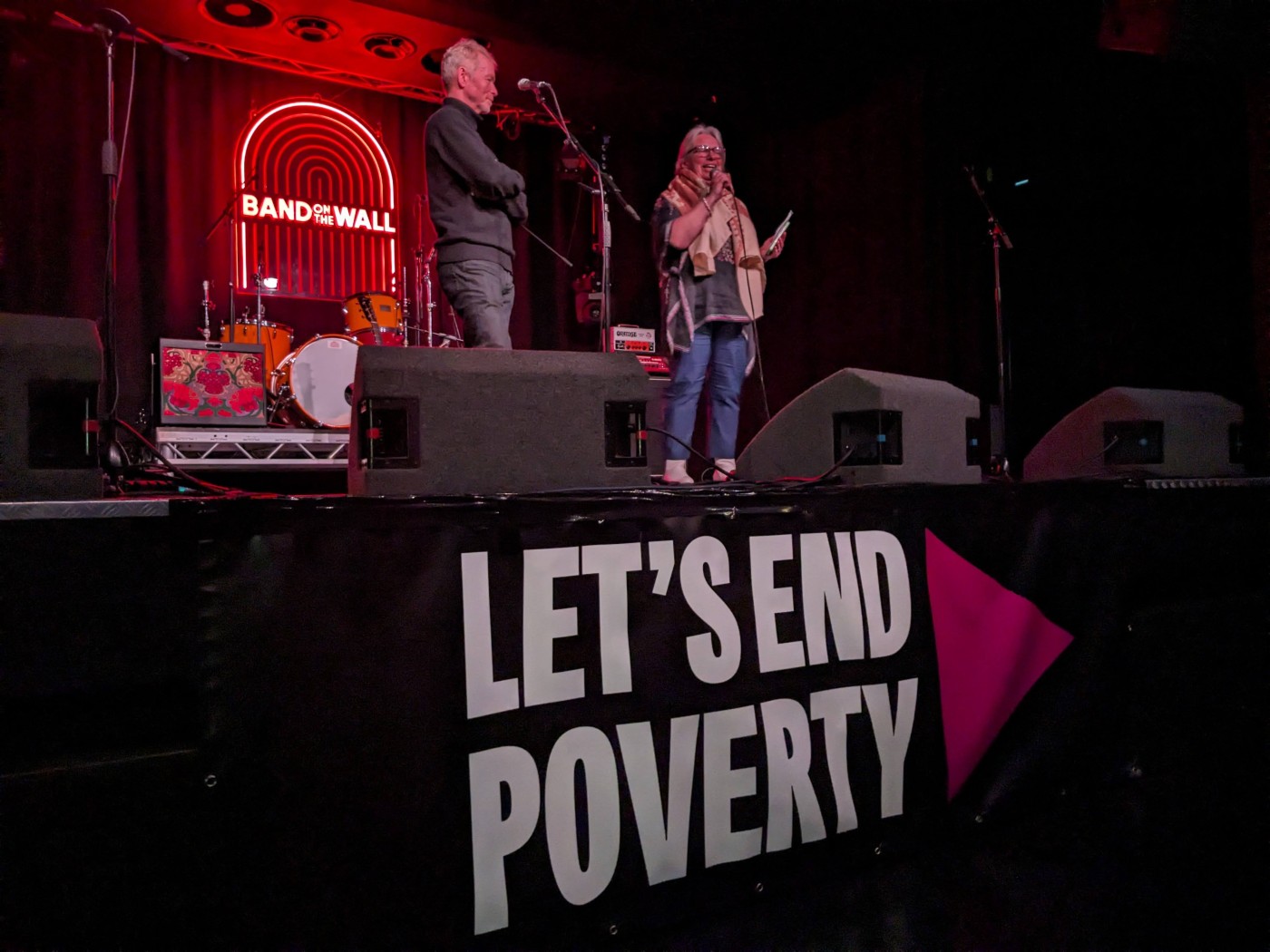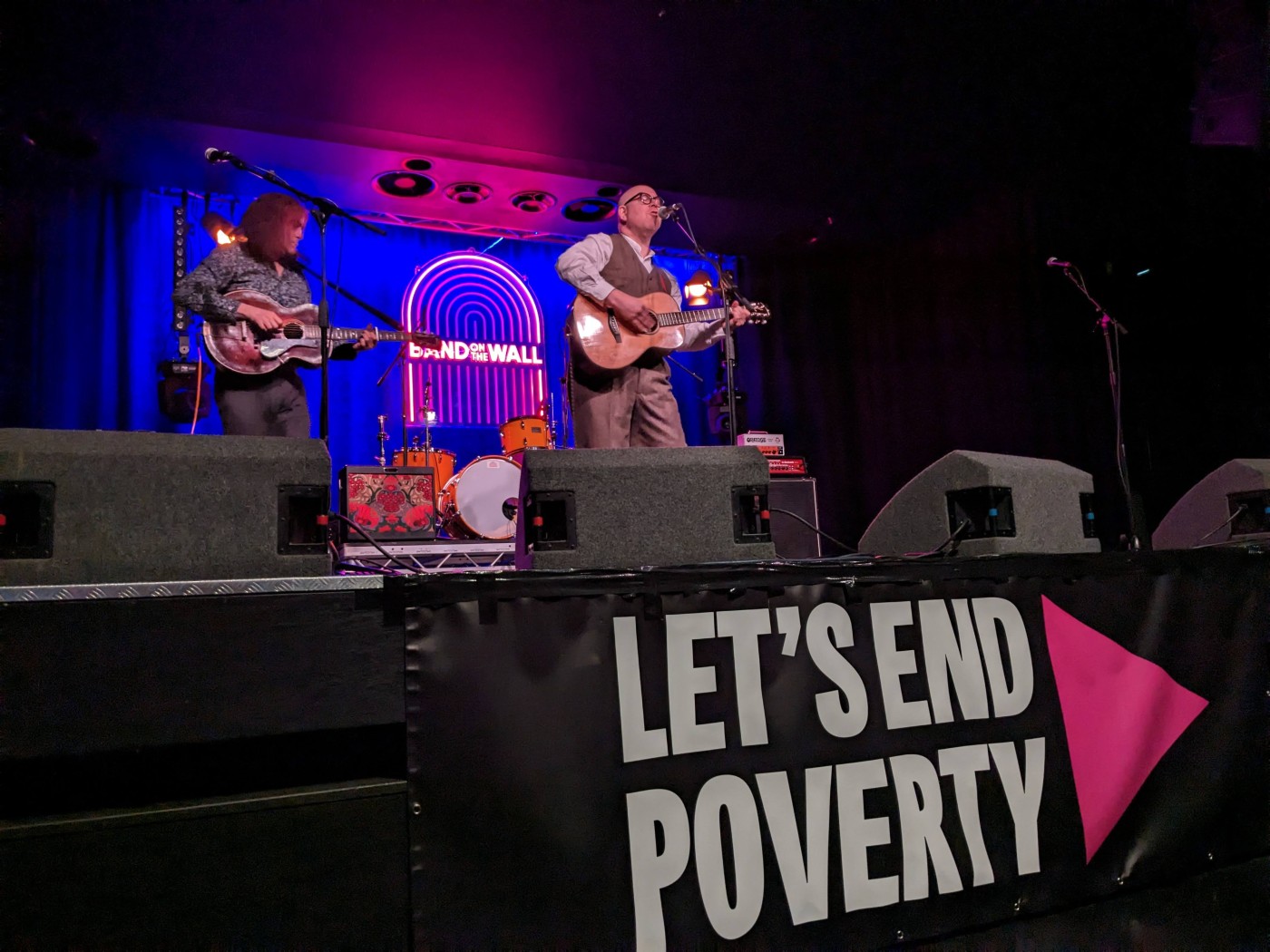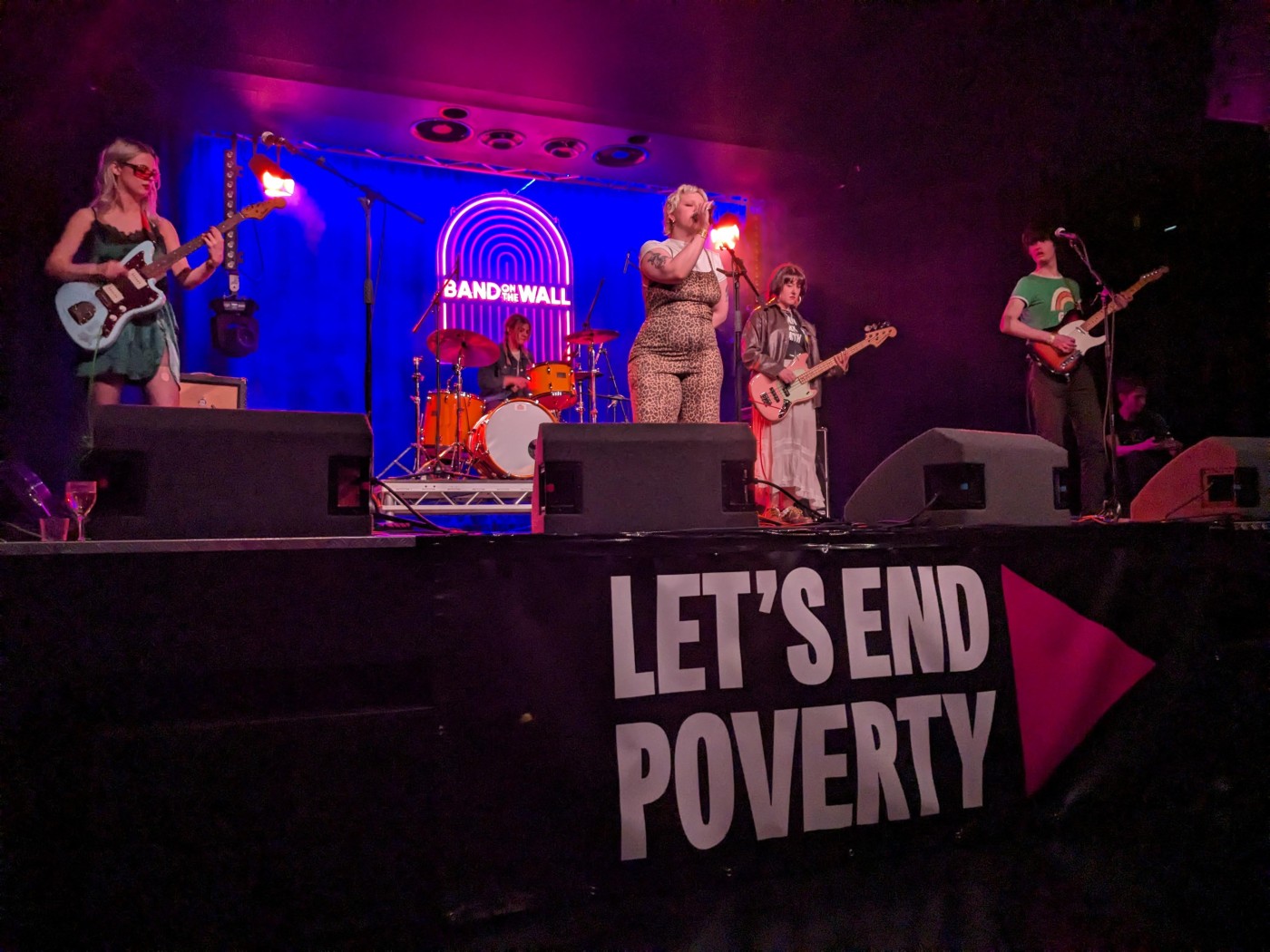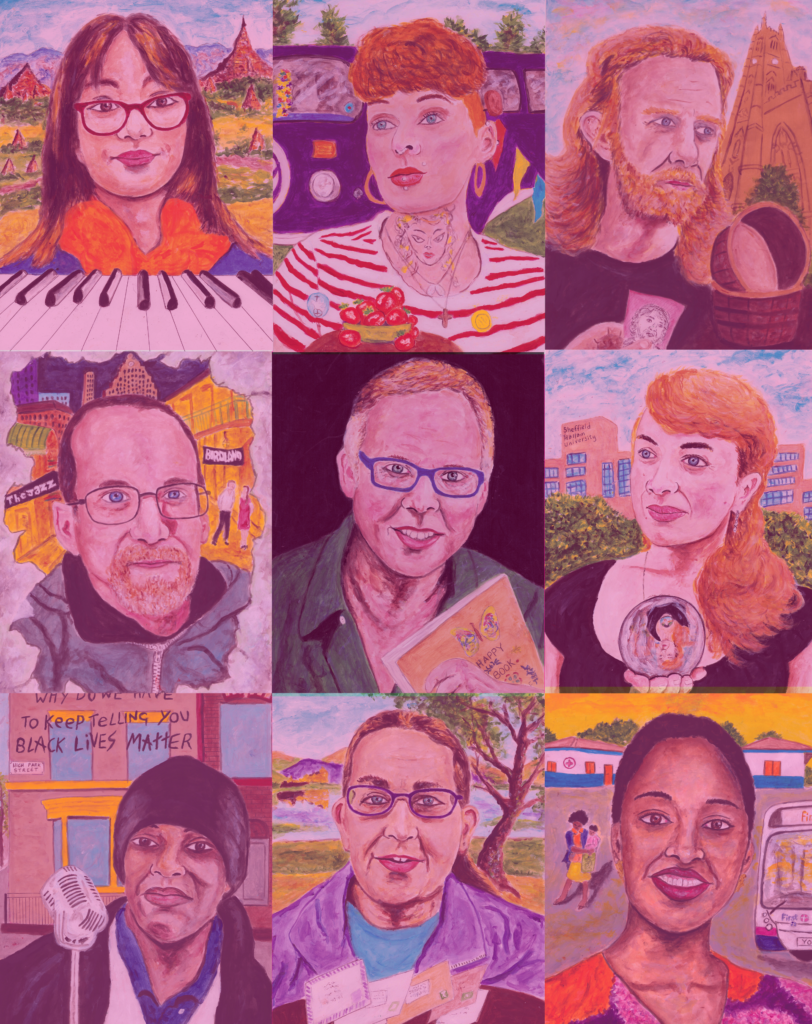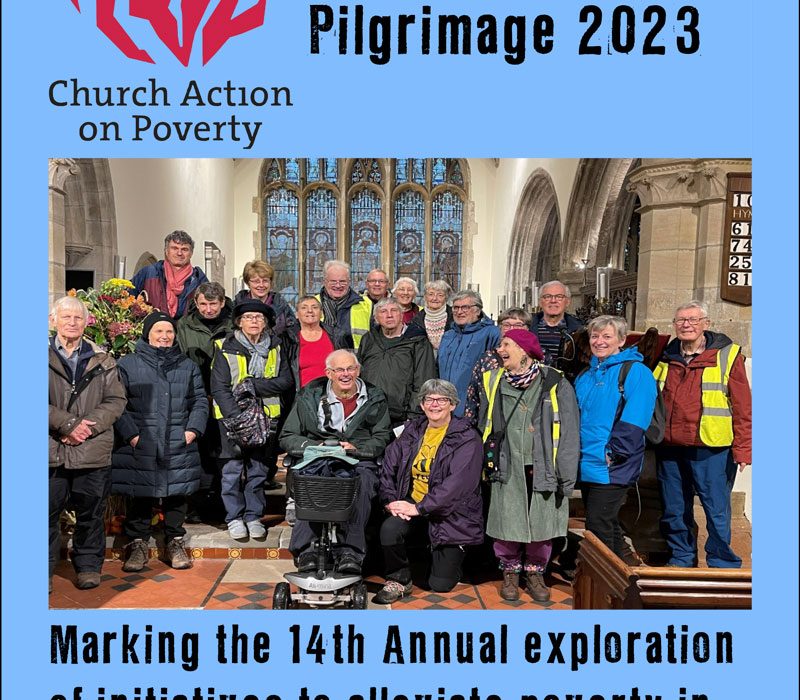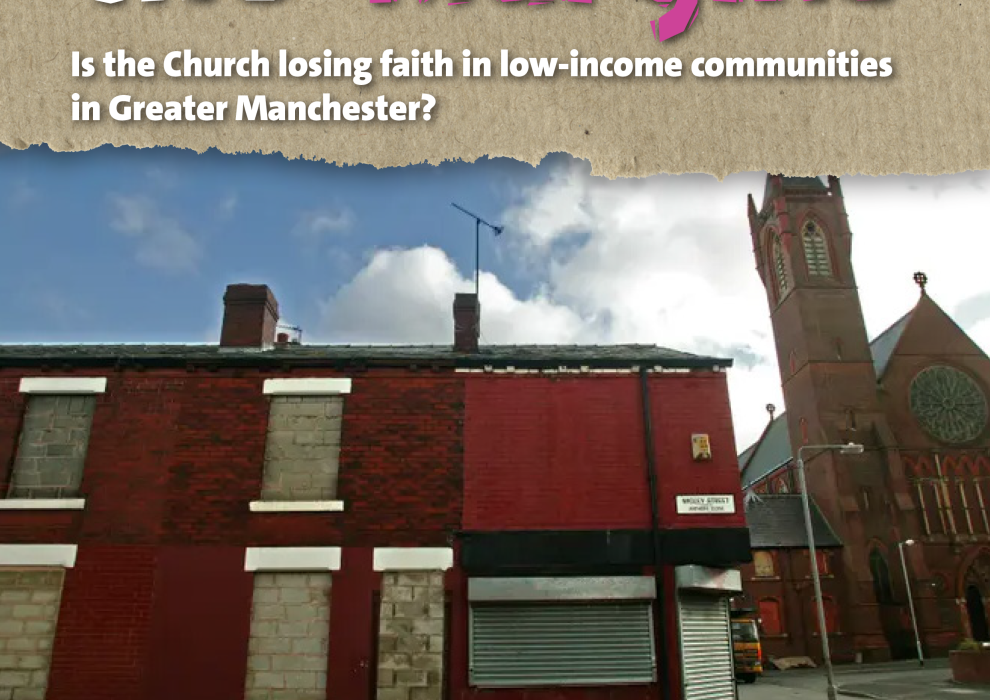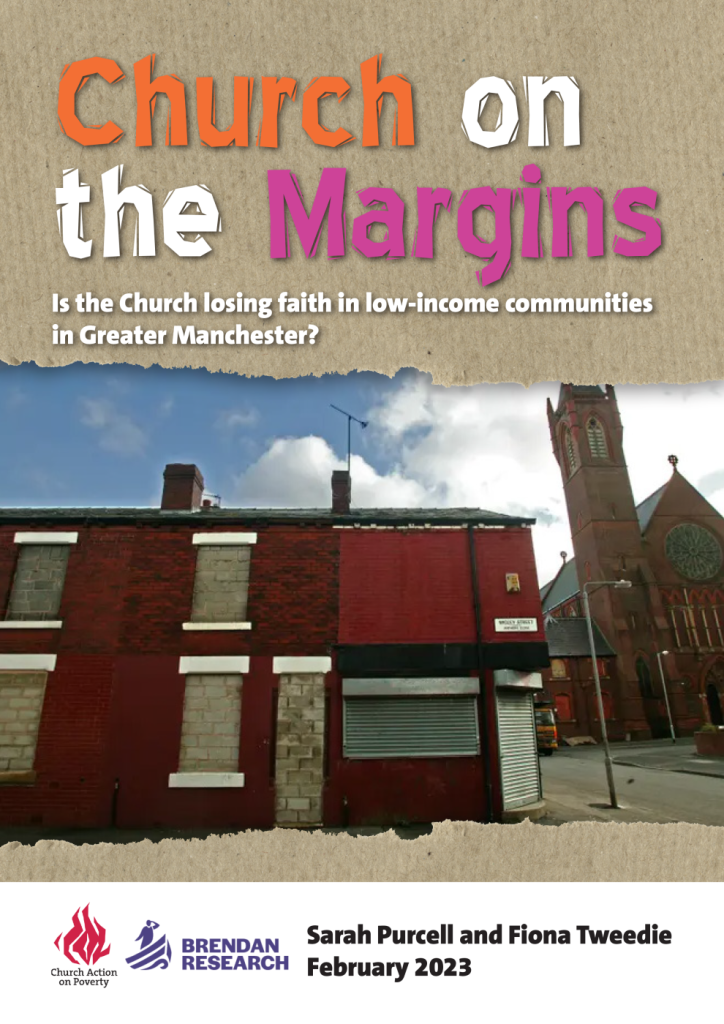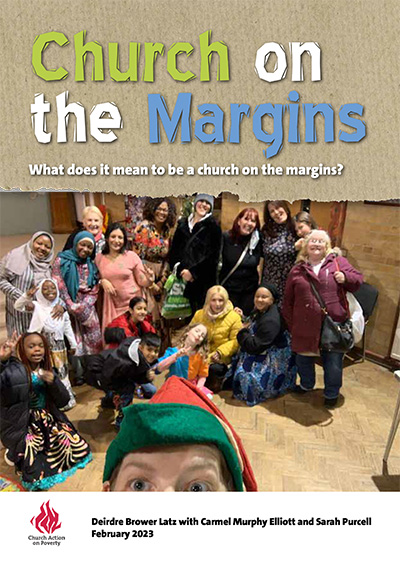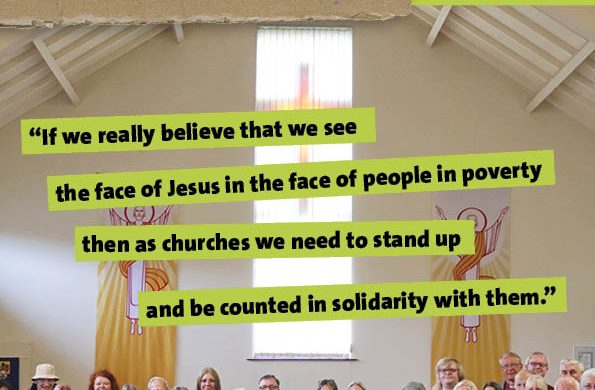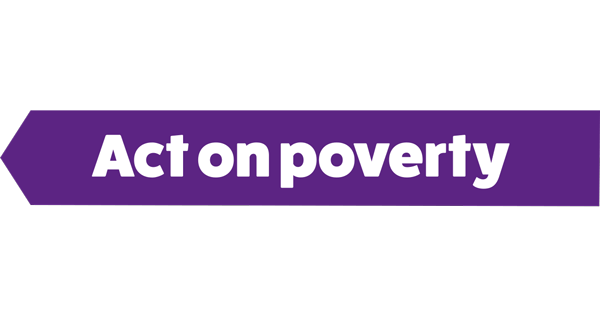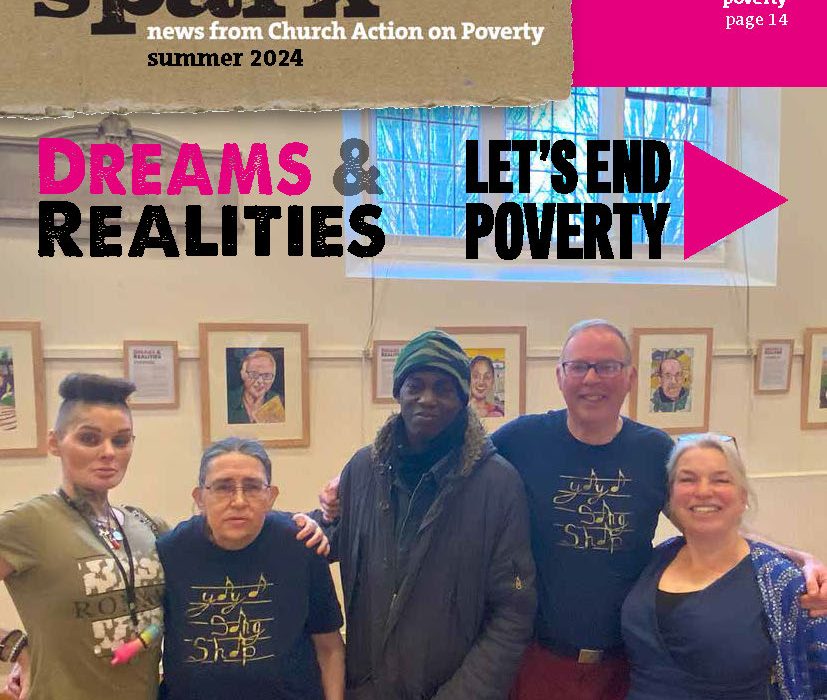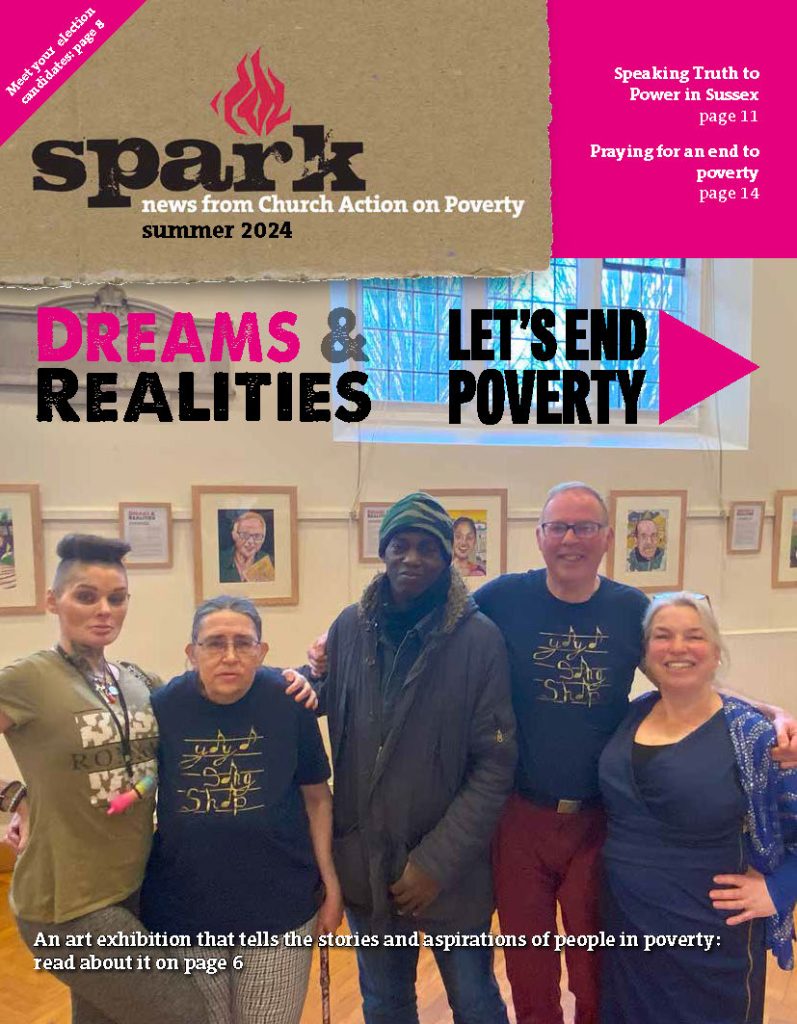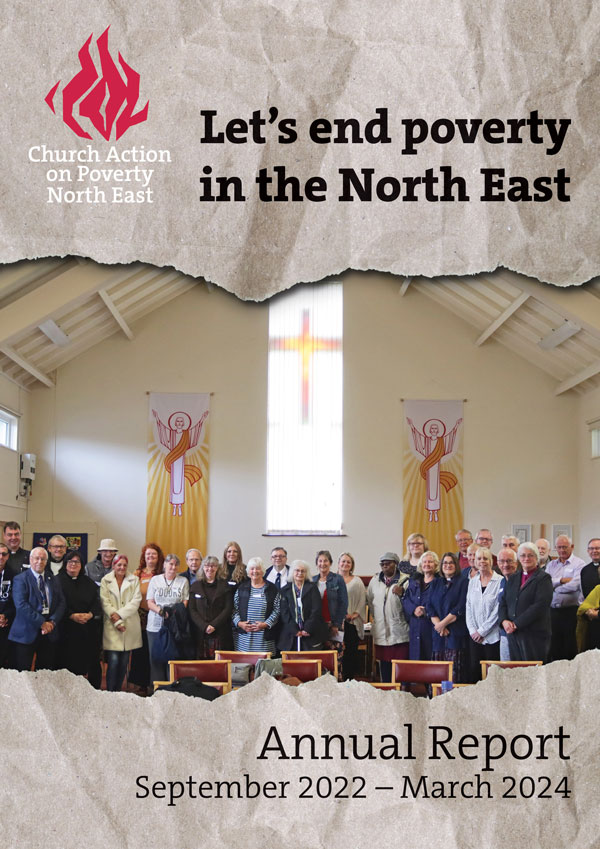Theologian Greg Smith reviews the new book by anti-poverty activist Stef Benstead.
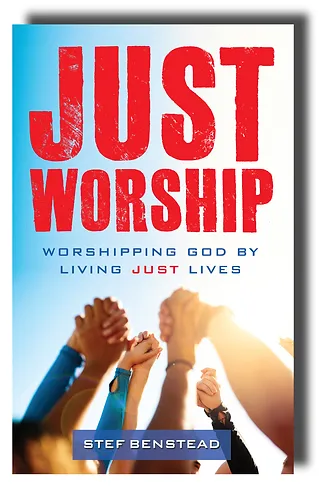
This is a remarkable and challenging book aimed mainly at evangelical Christians who want to, or perhaps ought to, consider how they should be responding to poverty and inequality in the UK. It comes from someone who is rooted and grounded in conservative evangelicalism of the Reformed variety, who begins the discussion of just worship (page 7) with a reference to the Westminster Confession of 1646 which “…says that man’s chief and highest end is to glorify God and enjoy him forever.” The assumption is that true worship begins with repentance and faith in Jesus, which produces obedience to the teachings of Scripture, and produces Christian lives, which demonstrate God’s character to others and bring glory to him.
A plain-sense reading
It is not surprising therefore that the strength of this book is exposition of the Bible, particularly the texts which address issues of justice, mercy and poverty. There are indeed plenty of them, in the Torah and the Prophets, and in the New Testament. Sadly in evangelical churches they are often not well known, preached about or reflected upon, or put into practice, in comparison to the words of comfort and assurance to faltering sinners. Stef Benstead offers a reading of Scripture through a plain-sense, almost literalistic hermeneutic, and in doing so presents a classically prophetic call to the church. For example (page 21):
We need to live lives that match up to the teaching of the Bible and the character of God if we are to truthfully claim that we are his people. We need to be little images of Christ on earth, showing in our lives and actions what God is like and what he wants. If we don’t then, all the rest of our worship – our songs, prayers, and Bible studies – are no better than idolatry. If we don’t seek to obey God, then the worship that we do offer is no better than like offering sacrifices to please false gods.
As a Christian who has tried to live by these biblical teachings for half a century, I enjoyed this emphasis, and discovered some fresh insights. Almost inevitably I felt a measure of guilt for some of the things I ought not to have done, and some of the things I have not done that I ought to have done. I hope that other Christian readers, and I recommend that they read it, will not respond either with denial of our complicity in the structures of inequality and poverty, or a paralysis of guilt that prevents meaningful amendment of life. I hope the biblical focus of the book will not be a barrier to others who do not share the author’s presuppositions and theology.
Lived experience
I can’t see many non-Christians picking up and reading this book, which is a pity, because alongside the biblical material the writing is grounded in personal experience of poverty, and analysis of UK policy injustices that increase hardship. In chapter 3, Stef makes the distinction between charity and justice, drawing on her personal experience as a person with long-term illness, relying on state disability benefits, yet still expected to find paid work. She has experienced the indignity of needing to use a local food pantry, where there is little or no choice offered to the recipients, and where much of the food is low-quality or out of date, and leftovers from the supermarkets. It is a reminder that all theology and hermeneutics is contextual, and our personal experiences and social positionality shape the way we think about the justice of God. I hope that in future writings Stef can further develop this line of thinking.
Economics
The author has clearly done a lot of hard work reading about social policy and the wider research on inequality and poverty in the UK. The material about social injustice is presented in an accessible way, challenging the greed of those who amass wealth and the sins of employers who fail to pay a real living wage. In chapter 4, she addresses the contradictions and self-destructive tendencies of global neo-liberal economics that drive austerity policies. Inequality harms both the economy and the political and social sphere too. Chapter 5 draws on the stories of the patriarchs to explore how riches can be used with generosity for the common good, though in none of the narratives is wealth unambiguously a blessing, or is mixed with other sinful behaviour. She then presents a personal challenge for those of us who have a comfortable lifestyle, how we should consider generous sharing of what we have with others who have less, and how we can strengthen and build local community. Churches, especially those rooted in neighbourhoods where poverty is commonplace, have great opportunities to build solidarity and an alternative economy, based on radical values of mercy and inclusion. However, too many middle-class Christians simply follow consumerist values, especially in the housing market, which isolates them from the struggles of people in what David Sheppard in the 1980s called “uncomfortable Britain”.
Politics
The final chapters of the book turn to politics and public policy. In the Reformed theological framework it is taken for granted that the secular government is under the authority of God and in its policies should reflect the justice and mercy of God in the way it treats and governs its citizens. The church has a right and duty to call rulers to account and to advocate policies in line with Christian values, and which reward virtue. The discussion is helpful and draws out some issues of principle around freedom, equity and caring for the poor. The unresolved problem for me is that this assumes the classic approach of evangelicalism from Wilberforce onwards of working for gradual reform by Parliamentary mechanisms. It is not clear to me that (even our new) government shares these values, or understands the faith commitments that drive them, especially when they are trapped by the opinions of the electorate, for example over immigration. There could be more in the book about practical politics, about community organising as in the Citizens movement, and the Poverty Truth network that amplifies the voices of people struggling in everyday hardship.
Steff Benstead is to be thanked for writing a book which brings together the radical teaching of the Bible with the reality of life in unequal Britain today. Please do buy and read it, and use the material to provoke discussion in your church or small Bible study groups.
Greg Smith is a Bible-loving, liberation theology inspired, urban Christian activist. Read more of his thoughts on his ‘Primitive Ranter’ blog.

